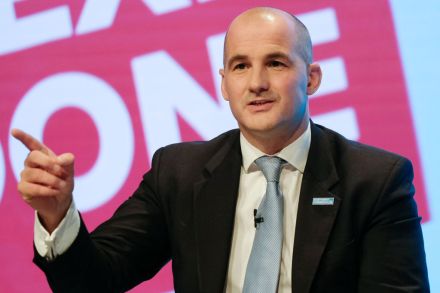Sunday shows roundup: Burnham – tier three will ’cause real harm’
Andy Burnham – Trapping us in tier three will ’cause real harm’ The government’s standoff with regional leaders in the north west was played out on television this morning. Andrew Marr spoke to Andy Burnham, the Mayor of Greater Manchester, who has been the most prominent voice in resisting the highest level of coronavirus restrictions being imposed on the county. Citing Greater Manchester’s adherence to local lockdown measures for just under three months, Burnham argued that adopting the tier three controls was unrealistic without added economic support for his constituents: AB: Protecting health is about more than controlling the virus… Peoples’ mental health is pretty low… What I would say




















